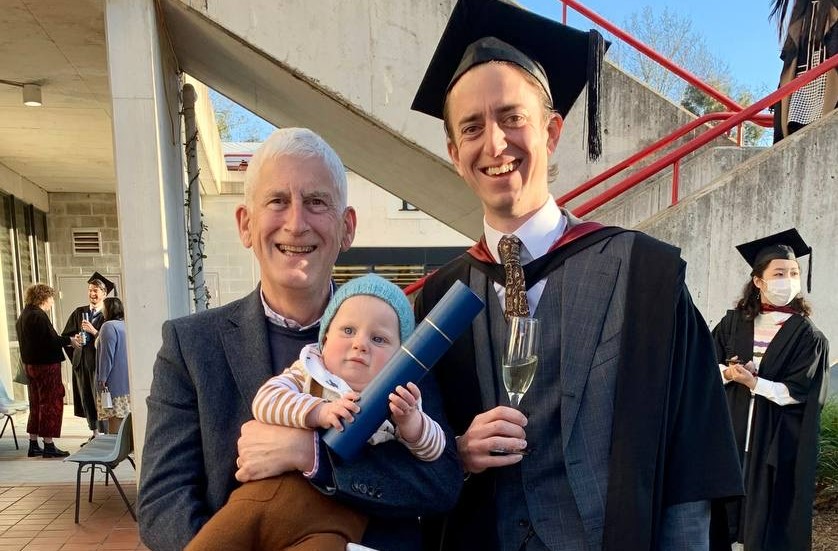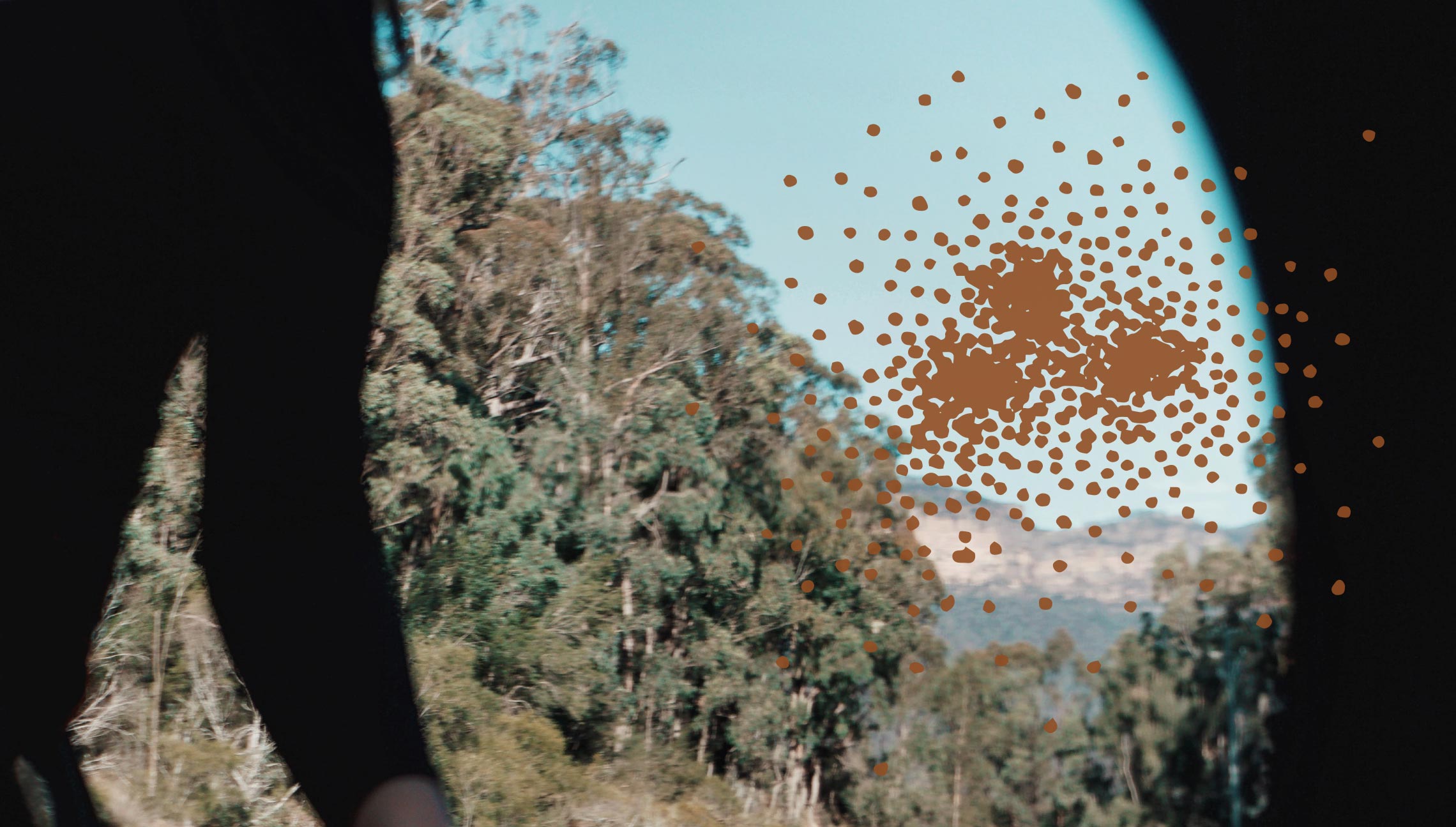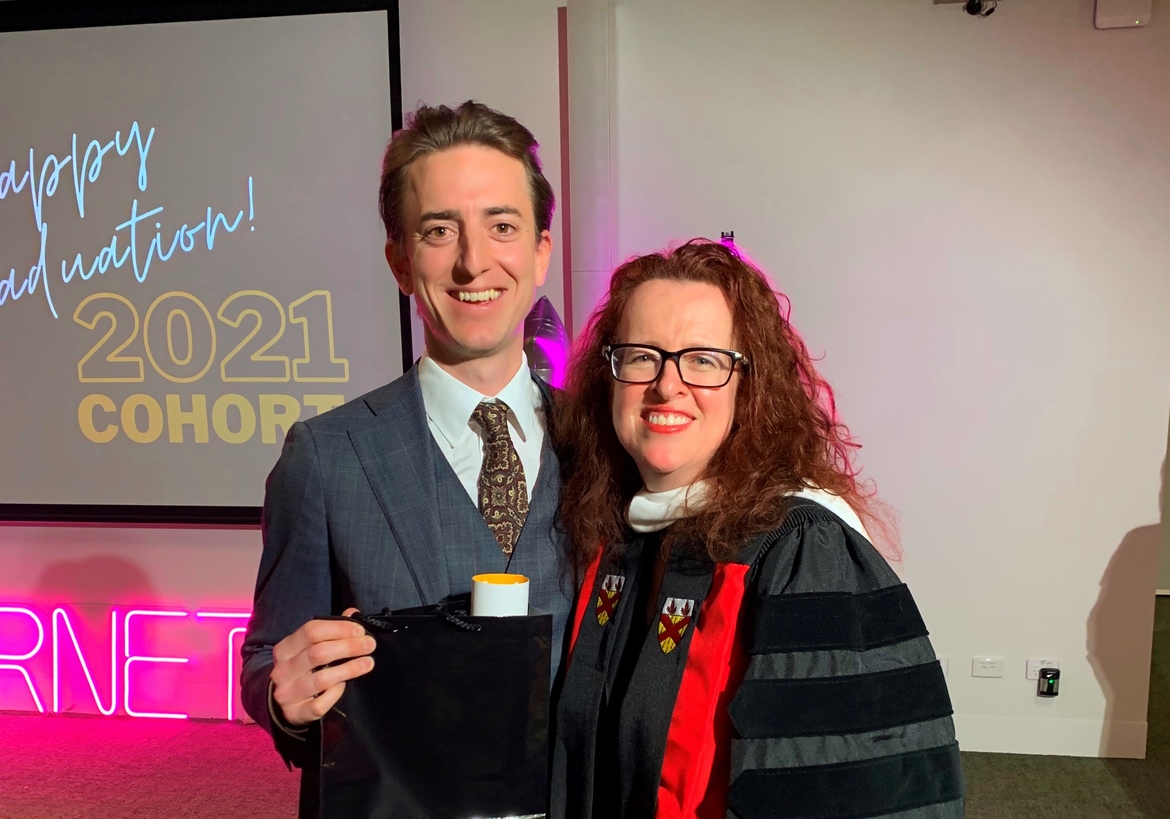“Through the master’s degree, I was able to further develop my own thinking about the challenges we face in relation to technology and the unique opportunities Applied Cybernetics provides to make meaningful contributions to this work.”
16 August, Canberra—So you’re thinking about applying for the Master of Applied Cybernetics program, or at least curious about it? Otherwise, why else would you be here, reading this blog post by me—a guy you don’t know from a bar of soap (as the saying goes)?
As it turns out, I completed the Master of Applied Cybernetics program in 2021 and highly recommend it. I entered the program as a mid-career lawyer, with experience working in the community legal sector and more recently investigating and prosecuting cases involving damage to Aboriginal sacred sites.
My interest in the program came from my experience of seeing how technology systems deployed into the world exacerbate existing injustices or generate entirely new ones. But while I wanted to see more responsible approaches to technology in the world, I had no idea how my skills could be of use. At that time, I thought I needed to have a computer science background or be able to code to tackle these problems. That’s why I was so struck when I learnt about the School of Cybernetics -it advocates for and teaches a different approach to how we engineer technology. Applied Cybernetics calls on thinkers and doers from an array of different disciplines to contribute their expertise to the challenges we face in bringing Artificial Intelligence (AI) systems safely to scale. From a cybernetic perspective, inter-disciplinary collaboration is essential to ensure our collective well-being and the well-being of our environment are prioritised, as we design and deploy new technologies.
That’s not to say I was spared technical challenges during the master’s program. Every week the curriculum presented a new thorny engineering problem that took me far from the familiar legal world I had previously known. From computer science to machine learning to data science to robotics and yes, there was plenty of coding! Mixed in side-by-side with these disciplines were lessons in anthropology, media studies, sociology, design, creative writing, art history and photography. Bringing these otherwise disparate corners of the academy together made for a rich, inter-disciplinary learning experience, which shifted the way I thought about technology.

My previous experience at university was completing a combined undergraduate degree in law and arts. Each year of study followed a similar pattern - I attended lectures in cavernous auditoriums throughout the semester and then crammed desperately in the final weeks to pass the three-hour exams which determined the entirety of my grade. While the cramming was attributable to my level of maturity as an undergraduate student, it was a largely repetitive and impersonal learning experience. The Master of Applied Cybernetics was completely different. Working with a select group of ten other students, we worked beyond our areas of disciplinary expertise and collaborated daily on the challenges of building responsible technology systems. By way of example, we developed prototype solutions to the problems of e-waste, carbon emissions, over-policing, facial recognition biases and gender violence.
On reflection, building the tech was not the hard bit. The hard bit was using cybernetic principles to interrogate the established approaches to technology development, identifying how these lead to biases in technology systems at scale and engineering new approaches to ensure our technological interventions were safer and more responsible. This meant considering the systems beyond the technology itself, including issues of assurance, regulation and governance.
Through the master’s degree, I was able to further develop my own thinking about the challenges we face in relation to technology and the unique opportunities Applied Cybernetics provides to make meaningful contributions to this work. Building on my previous experiences as a lawyer in community and legal aid services, I am now using cybernetics as the basis for my PhD research into the ways justice can be embedded in the design and implementation of technology systems.

